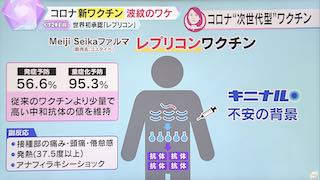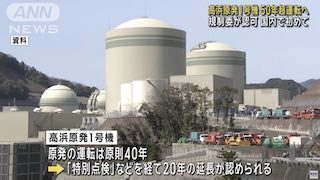Japan’s recent approval and rollout of a new "Replica Vaccine" for COVID-19 has triggered widespread public concern, with some businesses imposing entry bans on vaccinated individuals. The vaccine, which began regular administration in October, has faced backlash due to its ability to "self-replicate" in the body, raising anxiety about its safety.
Japan's Nuclear Regulation Authority has granted approval for Kansai Electric Power Company's Takahama Reactor No. 1 to operate for over 50 years, marking a first in Japan, reaching its 50th anniversary next month.
A second 'Kairos' rocket, developed by a private company and which exploded shortly after launch, has been scheduled for launch on December 14th.
Macs are known for their ultra-fast speed and smart performance. Something which makes it the number one computer in many categories.
Japan's National Institute of Information and Communications Technology (NICT) has reported the occurrence of a major solar flare on October 3rd.
Kyoto University Hospital has announced that a kidney transplant was conducted using a same-sex partner as the donor.








